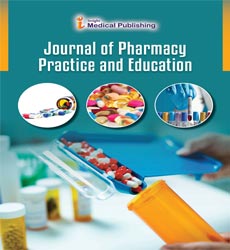Drug metabolism and pharmacokinetics in modern drug discovery, and the discovery of posaconazole
Abstract
Drug discovery involves all research activities that are carried out to identify and characterize a new chemical entity (NCE) that deemed suitable for development as a therapeutic agent. Drug discovery is a complex, dynamic and evolving process. A successful drug discovery program requires teamwork with excellent scientific and communication skills; and continuous, effective, and timely participation and interactions of many scientific disciplines. Modern drug discovery has been dictated by recent advances in chemistry, structural chemistry, molecular biology and genomics, and robotics. NCEs are evaluated for potency and efficacy, safety, DMPK attributes and pharmaceutical properties. Recent technologies such as in silico ADME screening and metabolomics are quickly gaining ground in the drug discovery landscape. Rational drug design is becoming more prevalent in the design of new drug candidates. The Discovery of Posaconazole (a triazole antifungal drug) was a result of collaborative efforts between Chemistry, DMPK, and the Antifungal Discovery Departments, with DMPK playing the leading role. Posaconazole has been saving lives since it was approved in the US and Europe as well as other parts of the world.
Open Access Journals
- Aquaculture & Veterinary Science
- Chemistry & Chemical Sciences
- Clinical Sciences
- Engineering
- General Science
- Genetics & Molecular Biology
- Health Care & Nursing
- Immunology & Microbiology
- Materials Science
- Mathematics & Physics
- Medical Sciences
- Neurology & Psychiatry
- Oncology & Cancer Science
- Pharmaceutical Sciences
